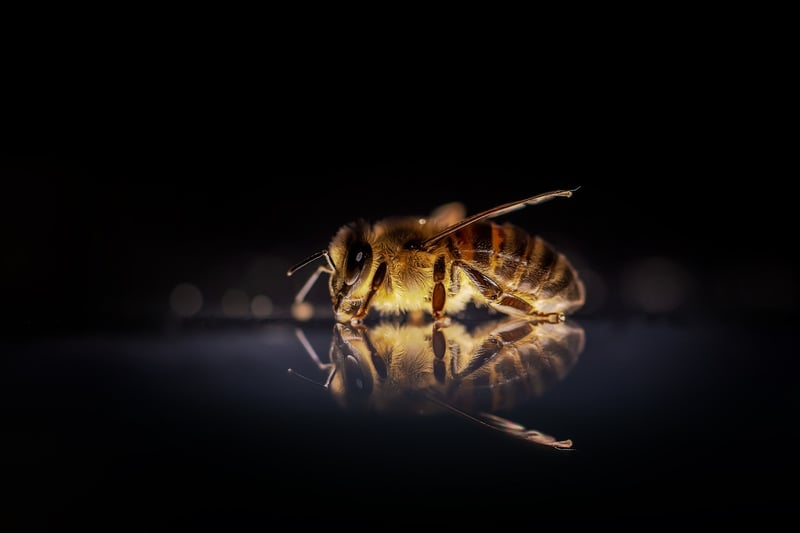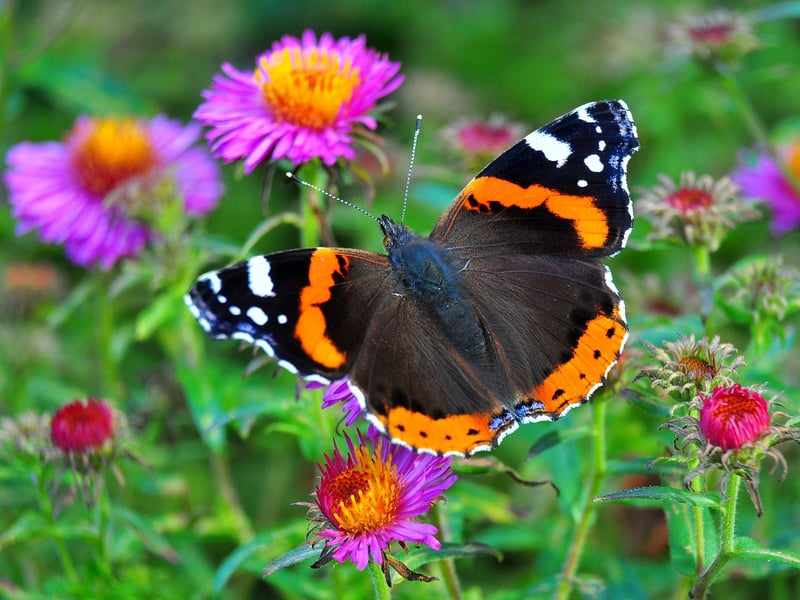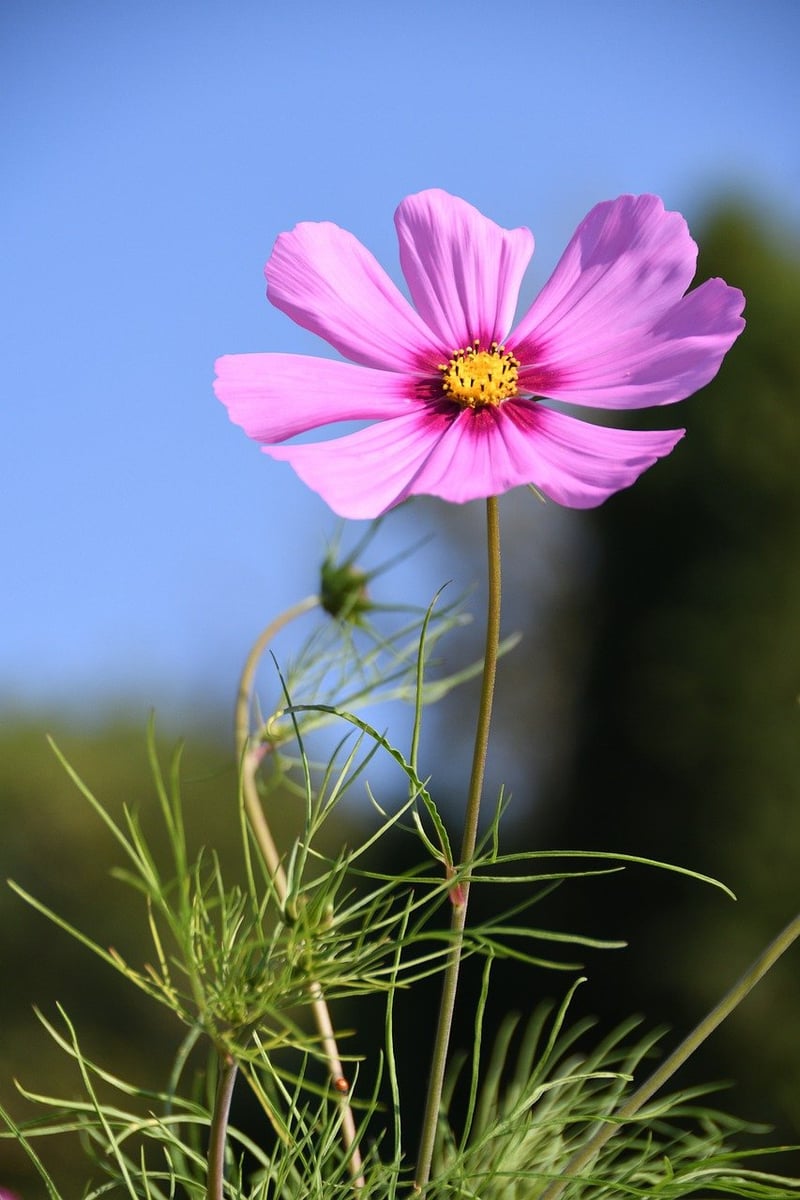Pollinator-friendly
The Ultimate Guide to Eco-Friendly Gardening for Pollinators

Are you looking to create a beautiful garden that not only benefits the environment but also supports essential pollinators like bees, butterflies, and birds? Eco-friendly gardening practices can help you achieve a sustainable and thriving garden while providing a habitat for these vital pollinators.
Why Eco-Friendly Gardening?
Eco-friendly gardening focuses on reducing the use of harmful chemicals, conserving water, and promoting biodiversity. By following eco-friendly practices, you can create a healthy and balanced ecosystem in your garden while minimizing negative impacts on the environment.
Tips for Eco-Friendly Gardening
- Choose native plants that are adapted to your local climate and require less water and maintenance.
- Avoid using synthetic pesticides and fertilizers that can harm pollinators and other beneficial insects.
- Use compost and organic mulch to improve soil health and fertility naturally.
- Conserve water by using drip irrigation systems and collecting rainwater in barrels.
- Attract pollinators by planting a variety of flowers that bloom at different times of the year.
- Create habitats like bee hotels and birdhouses to provide shelter for pollinators.
Benefits of Pollinator-Friendly Gardening
Supporting pollinators in your garden has numerous benefits, including:
- Increased fruit and vegetable yields through pollination.
- Promotion of biodiversity and ecosystem resilience.
- Enhanced beauty and vitality of your garden with buzzing bees and fluttering butterflies.
- Contribution to the conservation of pollinator species that are essential for food production.
Get Started Today!
By implementing eco-friendly gardening practices and creating a pollinator-friendly garden, you can make a positive impact on the environment and enjoy a vibrant and sustainable outdoor space. Start small with a few pollinator-attracting plants and gradually expand your garden to support a diverse range of beneficial insects and birds.
Remember, every flower you plant and every pesticide you avoid using can make a difference in creating a healthier and more pollinator-friendly world!

For more information on eco-friendly gardening and pollinator conservation, check out The Pollinator Partnership.
